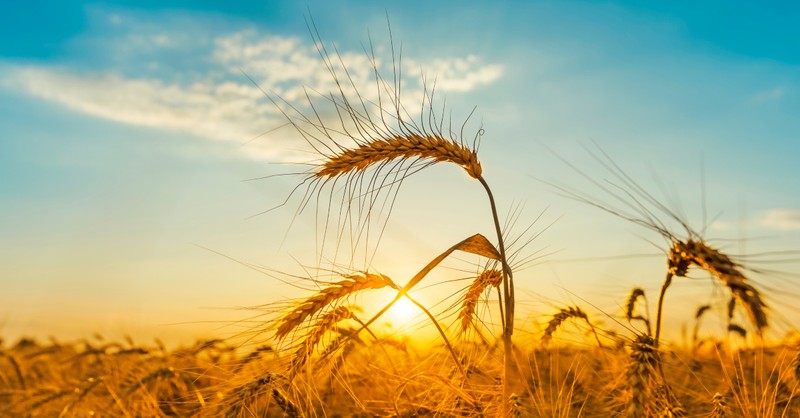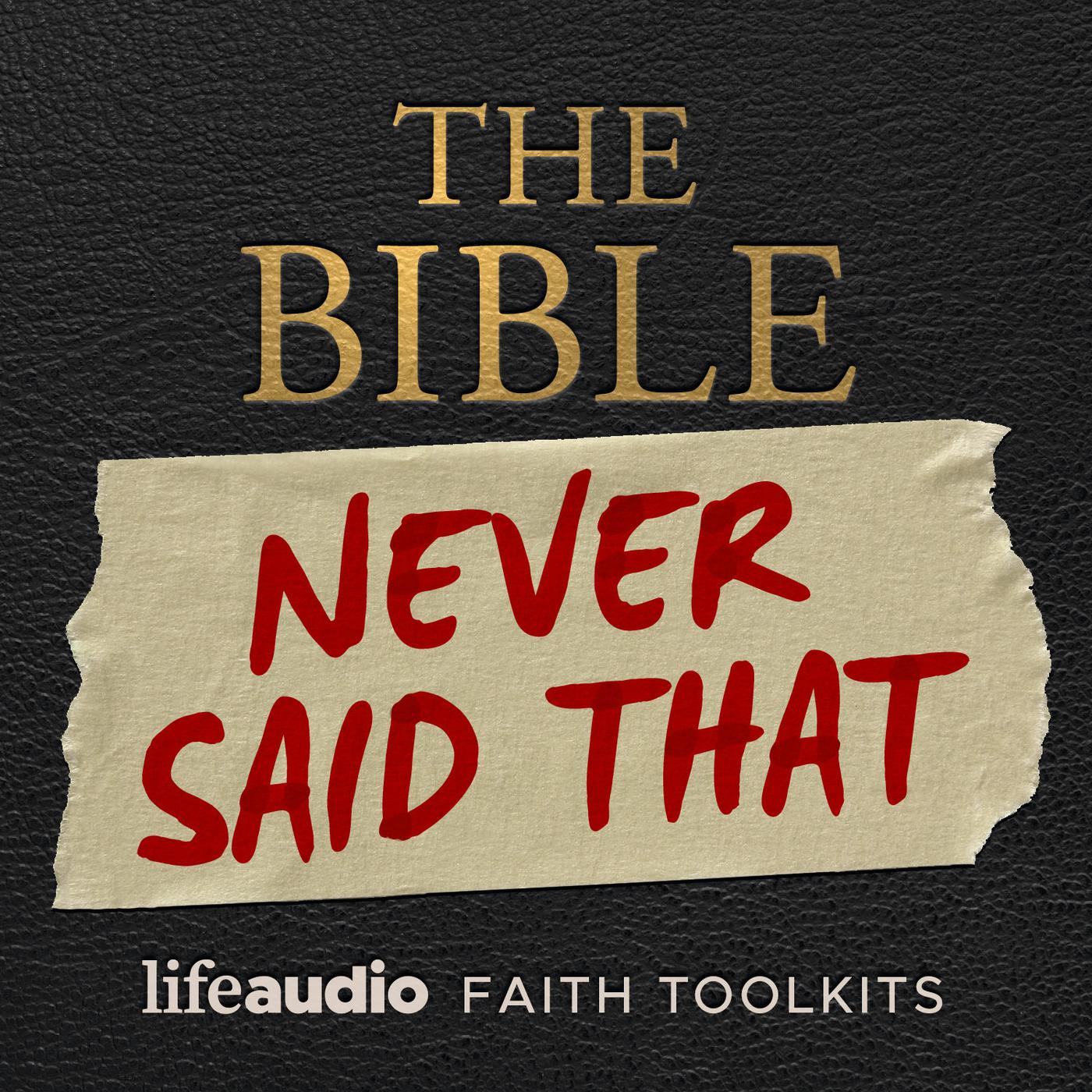
You’ve made it through the desert of a spiritual trial, now what? When a believer is disconnected from God, they are removed from the very thing that breathes life into the Spirit that guides them. The loneliness can leave a soul feeling lethargic and dry, and questions can plague us. Things we once found life in feel routine and inconvenient. Scott Slayton writes, “We sing in worship and feel nothing. We read the Bible and stare blankly at the words. We pray and think we are talking to ourselves. The joy is not there, and it seems as if God is a thousand miles away.”
Recovering from such a time demands intentional work. Seasons of spiritual drought are painful, but new life can spring from the dust when God is the one inspiring growth. If you are recovering from a dehydrated faith, Jesus gave us multiple parables in Matthew 13 that offer wisdom for finding faith after a famine.
Identify What Caused the Drought
In the parable of the sower, Jesus says,
“...A farmer went out to sow his seed. As he was scattering the seed, some fell along the path, and the birds came and ate it up. Some fell on rocky places, where it did not have much soil. It sprang up quickly, because the soil was shallow. But when the sun came up, the plants were scorched, and they withered because they had no root. Other seed fell among thorns, which grew up and choked the plants. Still other seed fell on good soil, where it produced a crop—a hundred, sixty or thirty times what was sown.” Matthew 13:3-8
Jesus shows that there is not only one reason for someone to struggle spiritually. The soil of our soul matters as we process wonderful truths. Donald S. Whitney proposes that we often feel dry when we are drinking too much from the desiccating fountains of the world and too little from “the river of God,” when we are feeling deserted by God, or experiencing prolonged mental or physical fatigue. So whether it be thoughts of the world, the enemy’s pursuit of us, doubt, or simply exhaustion, we must take the time to reflect on what got us to where we are. This practice of reflection can help you identify what has caused the drought in your life so you will know better how to approach revitalization.
Photo Credit: © Unsplash/Kyle Cottrell

Question if Your Governing Beliefs Are Wheat or Weed
People know intuitively that cultural norms found even in churches can be contrary to what the scriptures would lead us toward. Those norms can cause us to draw away from our faith. In Matthew 13:24-43, Jesus tells a parable about the Kingdom of God through the story of a farmer whose enemy sowed seeds of darnel, a weed that looks like wheat but is poisonous in large amounts, in the owner’s field. The servants wondered if they should remove the weeds but were instructed not to until harvest time so that the wheat could grow. When it came time to harvest the weeds would be burned and the wheat taken to the barn.
This is a parable that lets us know that both unbelievers and believers will walk the world together until God’s Kingdom comes. As followers of Christ, we stay alert to the reality that truth and lies will grow around us in all places at all times. No one will have a full and right understanding of God’s pure truth until we see him face to face, so we must be wise. If we meditate too long on the weeds, the philosophies and ideologies that will one day burn, we poison our faith.
Wrong belief can lead us to dry places, but the answer is not to leave the faith, it is to find it in its purest form. Deconstruction can feel like a dirty word these days, but the truth is that we should constantly be deconstructing our assumptions of God tied to the world’s wisdom and reconstructing belief based on God’s self-revelation. This is healthy as long as we are letting Scripture be our daily guide. Then we can recognize the weeds that start to grow which hinder us from finding more of God.
Pastor Hunter Beaumont shares that, “Many of my friends and congregants who go on a deconstruction journey aren’t trying to lose their faith. They don’t want to end up in a Jesus-free place. They just want to make sense out of the faith they grew up in and let go of stuff that’s stale or stifling. They actually want a stronger faith, not no faith—more of Jesus, not less.”
Our beliefs should be critically evaluated with the goal of more, always more, of Jesus. A.J. Swoboda asks the question, “Is it possible to question our faith without losing it?” His answer, “One might say that’s the very goal.”
Photo Credit: © Getty Images/mycola

Plant Seeds of Faith with a Patient Heart
Have hope! Jesus told us, “The kingdom of heaven is like a mustard seed, which a man took and planted in his field. Though it is the smallest of all seeds, yet when it grows, it is the largest of garden plants and becomes a tree, so that the birds come and perch in its branches.” Matthew 13:31-32
Most plants don’t grow overnight. “When it grows,” Jesus says of the mustard seed. We aren’t always in charge of when growth happens, and that makes many uncomfortable.
Even a garden with all the right nutrients (spiritual disciplines), attendants (other believers), and water (living water/Spirit of God) also needs time. When we go through an extended period of spiritual dryness, we don’t often become revitalized in a day. Perseverance plays a key role in our walk of faith because there will be days, months, and sometimes years that feel stagnant and dark. “You need to persevere so that when you have done the will of God, you will receive what he has promised” (Hebrews 10:36).
It is in the unseen, underground where we become rooted; but there is little light to help us see the growth and be encouraged. Janet O. Hagberg and Robert A. Guelich propose in The Critical Journey that these dark times can feel like running into a wall in our faith journey, but that it is a common and important experience. They say, “The Wall, a dark and sacred place, reeks of God. In the Wall, we are vulnerable enough to listen to what God says - whether it is in the guise of other people’s voices, God’s voice, or serendipitous experiences. Once we believe that God is in the midst of the darkness with us, it can be a transforming place.”
Holding on to faith even in the dark is a way we give all we have. It is here where we say, “I’m all in” or begin to back away from hope for a faith that can offer shelter to others and ourselves. “The kingdom of heaven is like treasure hidden in a field. When a man found it, he hid it again, and then in his joy went and sold all he had and bought that field” (Matthew 13:44). Is the treasure worth it? It was, is, and always will be! We can give all we have to find more of God and his kingdom and know that there will be a day when we will never be thirsty again.
Photo Credit: © Sparrowstock
Originally published Friday, 25 June 2021.










